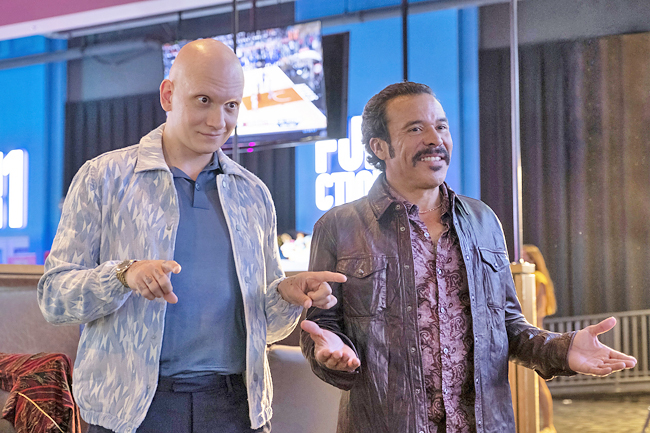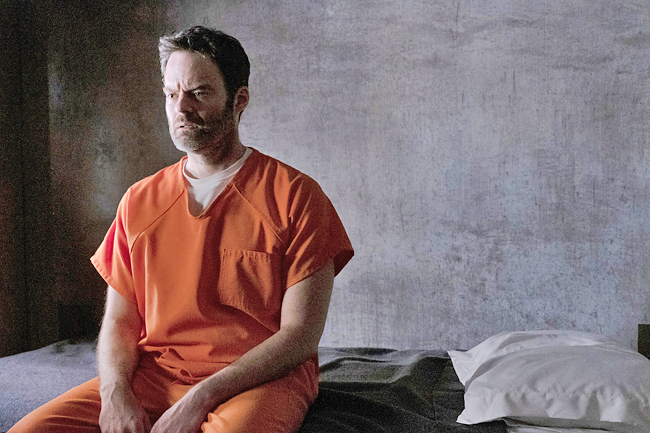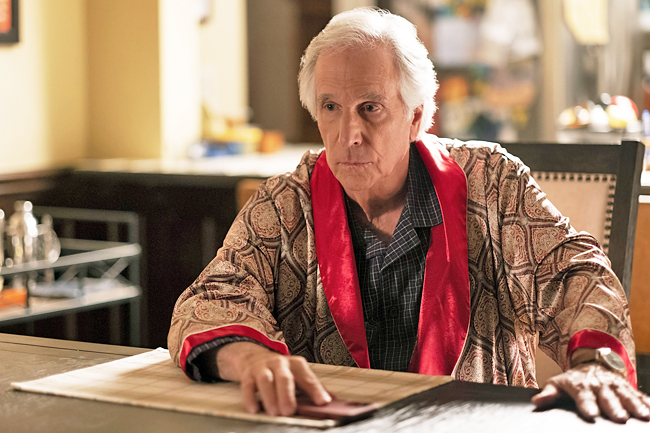Krysta Fauria
LOS ANGELES (AP) – “In every man, of course, a demon lies hidden – the demon of rage,” said the intellectual brother, Ivan, in Fyodor Dostoevsky’s The Brothers Karamazov, a theme to which the Russian novelist frequently returns.
It is also a theme central to the HBO series, Barry, whose fourth and final season premieres on Sunday, as the show’s titular hit man seeks to convince himself and others that he is ultimately a good person.
And while Bill Hader, the co-creator and star of Barry, is reluctant to advertise the influence that Dostoevsky and other Russian authors have had on his Emmy-winning series, he disclosed that this kind of exploration of morality played a significant role in his creative process when he set out to make the show.
“I’m always like, ‘Yeah, I don’t watch a lot of TV.’ But I leave out that part, that I was reading big Russian books,” Hader laughed.
At the suggestion of his friend, author George Saunders, Hader took an interest in Russian literature and immersed himself in novels like Leo Tolstoy’s Anna Karenina and War and Peace. One aspect of these stories which Hader sought to bring to Barry was their contentment in probing philosophical questions about human nature, violence and revenge without necessarily expecting to find answers.



Barry is billed as a comedy, though its dark content can preclude some from being able to enjoy its humour. It follows a Marine veteran-turned-hit man (Hader) who tries repeatedly but fails to denounce his profession after he takes an interest in acting.
If the premise sounds absurd, that’s because it is.
“It’s a bad, bad logline,” said Stephen Root, who plays Fuches, Barry’s handler and old family friend.
But many of the show’s stars, including seasoned actors like Henry Winkler, sang the praises of Barry for its originality.
Although limited to 30-minute episodes, Barry isn’t afraid to punch above its weight class, with clear inspiration from lauded cinema and prestige television like The Sopranos and Twin Peaks.
Hader, described by his co-stars as a “total cinephile,” relied heavily on his extensive knowledge of film when considering how the series would grapple with weighty questions like whether humans are intrinsically violent.
“It’s always been really interesting to me, actually, is inherent violence within people,” Hader said, citing films that have played a role in his meditation on the subject, including A Clockwork Orange, Goodfellas and Terrence Malick’s The Thin Red Line.
Throughout the show, Barry struggles to break out of a ceaseless cycle of carnage, while maintaining over and over that he is not defined by his past. By the end of the third season, Barry’s actions have – either directly or indirectly – driven nearly every character to the precipice of violence. While those around him frequently describe Barry as “a violent guy”, they themselves are almost always willing to pull the trigger when the opportunity for revenge presents itself.
But although Hader wanted to avoid facile portrayals of characters who are purely good or purely evil, he also hopes it is apparent that Barry is not someone he wants audiences to root for.





